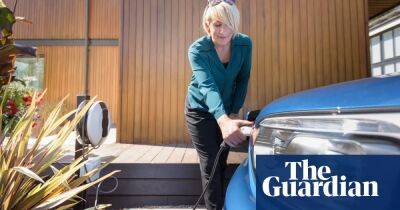A four-day work week could help communities of faith – and us all
I t was a Friday, the last day of a five-day workshop for young mid-career professionals from refugee backgrounds with skills in engineering, medicine, economics and other areas. Around midday, many of the Muslim participants began to appear anxious.
They had been performing the usual prayers and meditations individually in quick lunch breaks the previous four days, but on Friday there was a clear desire to head to a mosque for congregational prayers with other community members.
As a participant of the workshop I observed that they seemed torn between the pressing demands of professional life and a deep-rooted spiritual satisfaction. I thought about how difficult it must be to find a middle ground so that the two could flourish.
In my first year in Melbourne after moving from Afghanistan, the scenes I witnessed at congregational Friday prayers in various community mosques around the central business district had one thing in common: so many young Muslim worshipers in professional attire rushing through with the prayers to get back to work – evidently stressed and overwhelmed by this desperate effort to keep the balance between the two.
The scenes were the same at the southern and northern suburbs I lived where I witnessed young and middle-aged tradies juggling the two choices frantically.
It seemed like these engineers, tradies, doctors, students, nurses and other professionals from different walks of life are desperately keeping an emotional attachment intact in a work environment that is often not adequately facilitating their spiritual needs. Smart businesses don’t need to be taught the virtues of committed workers at ease – without any extra costs.
This Ramadan, recent reports about recommendations to trial a four-day
Read more on theguardian.com

















